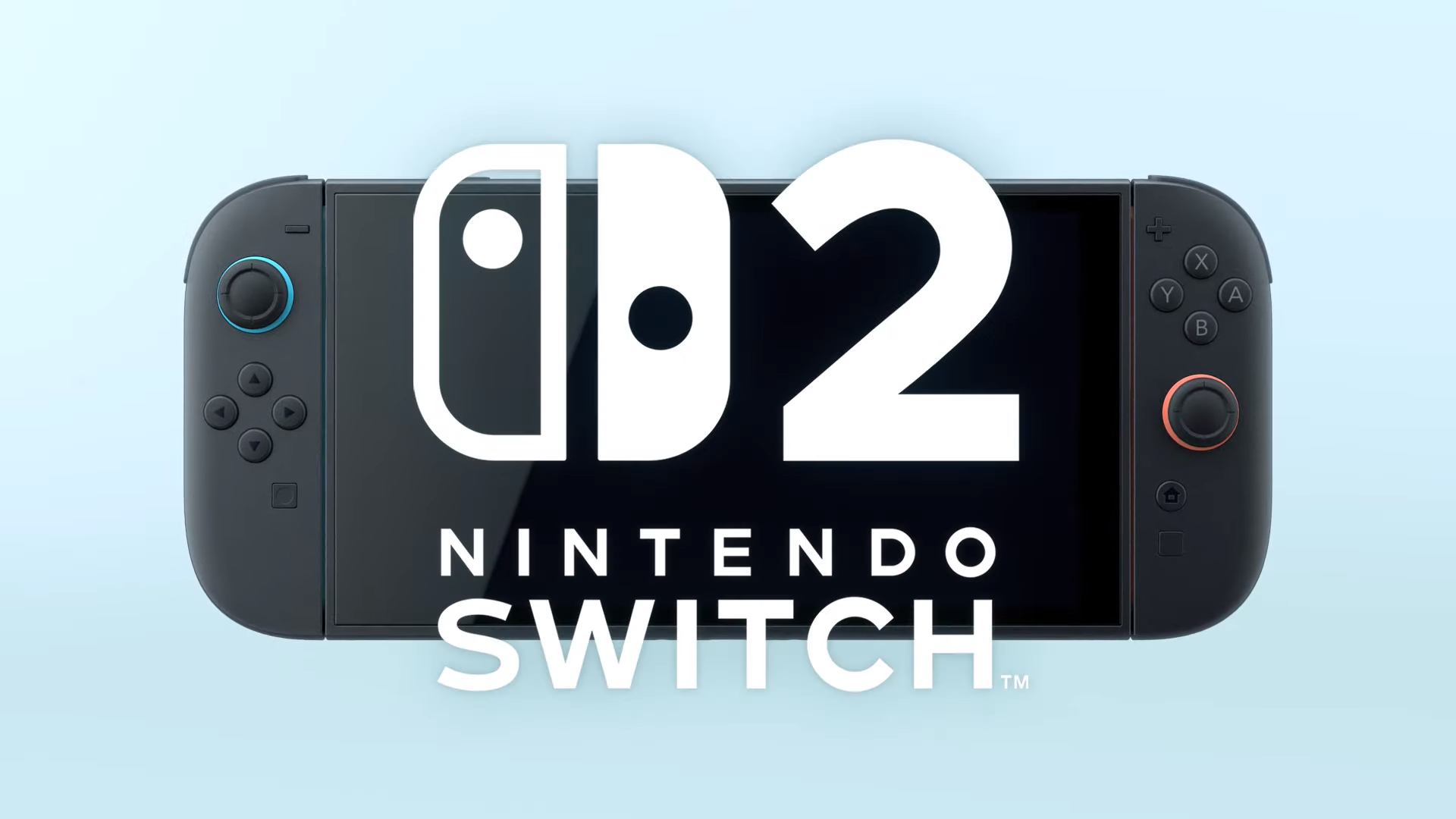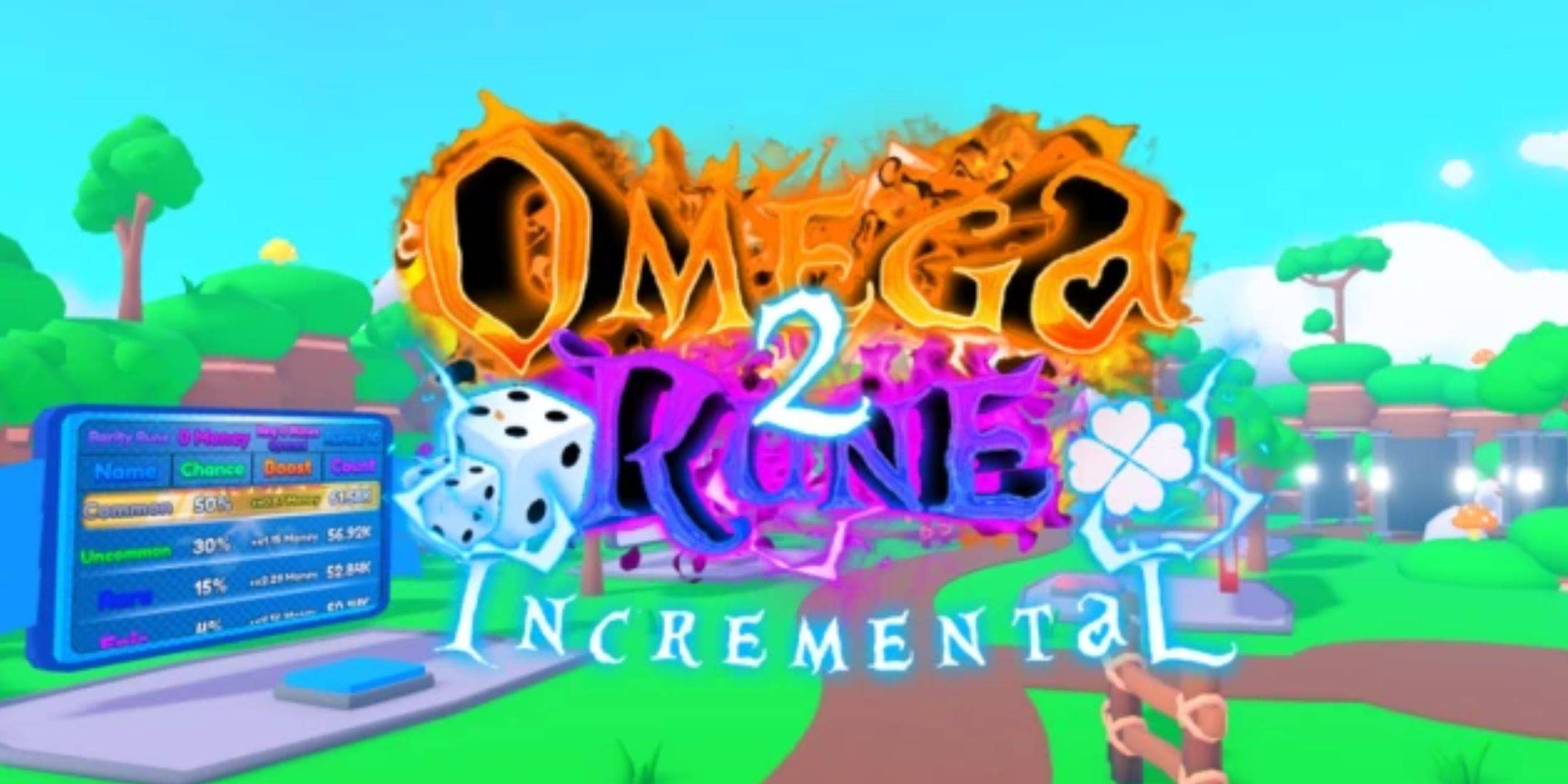Top Classic Board Games for 2025
- By Chloe
- Apr 20,2025
Board gaming has never been more exciting, thanks to the vast array of options available today. Whether you're into family-friendly games, strategic challenges, or any other genre, there's something out there for everyone. However, the allure of modern board games doesn't diminish the timeless appeal of classic games. These enduring favorites have captivated both newcomers and seasoned players for generations, proving that great gameplay transcends time.
TL;DR: The Best Classic Board Games
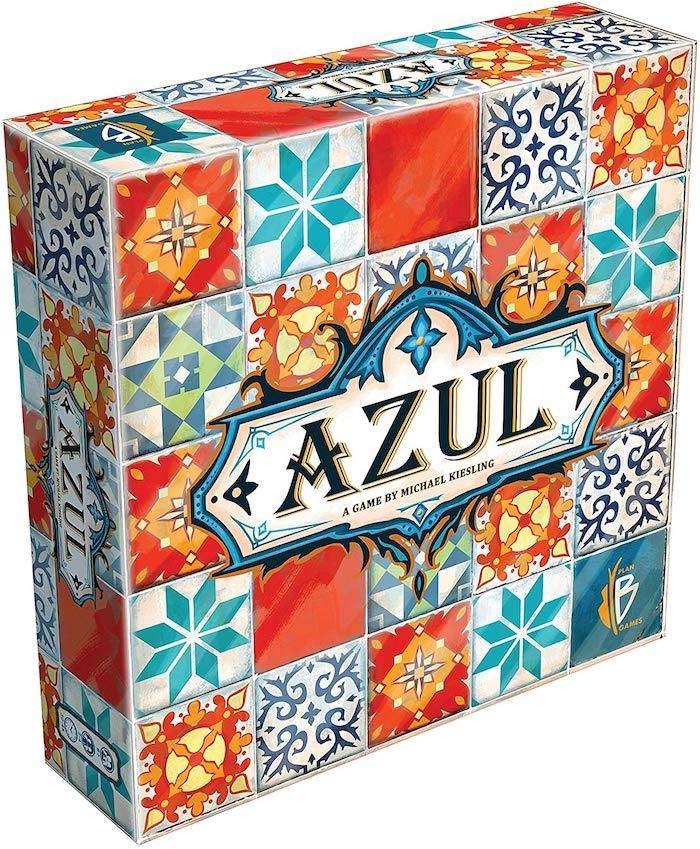
Azul Board Game
1See it at Amazon
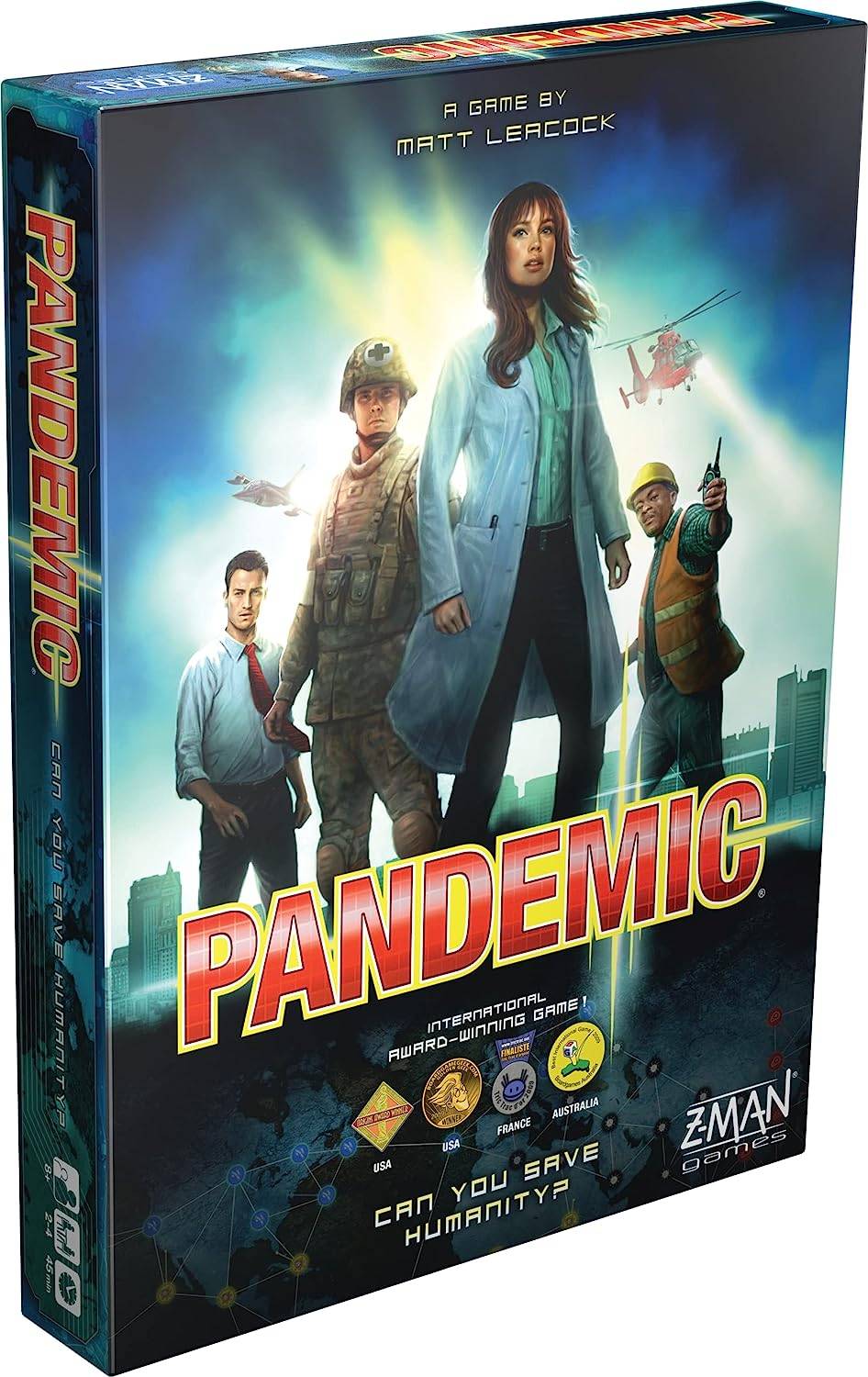
Pandemic
0See it at Amazon
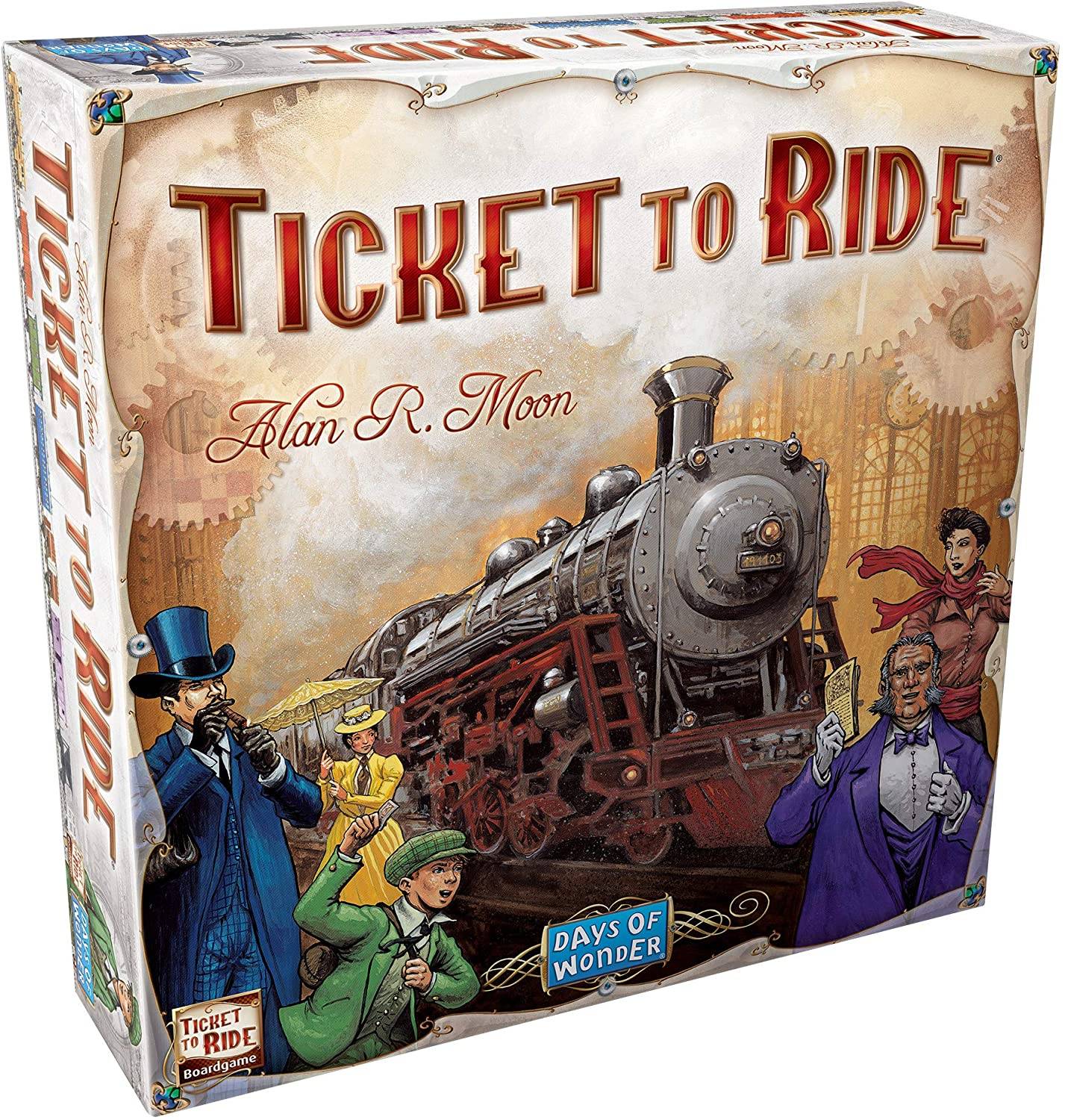
Ticket to Ride
0See it at Amazon
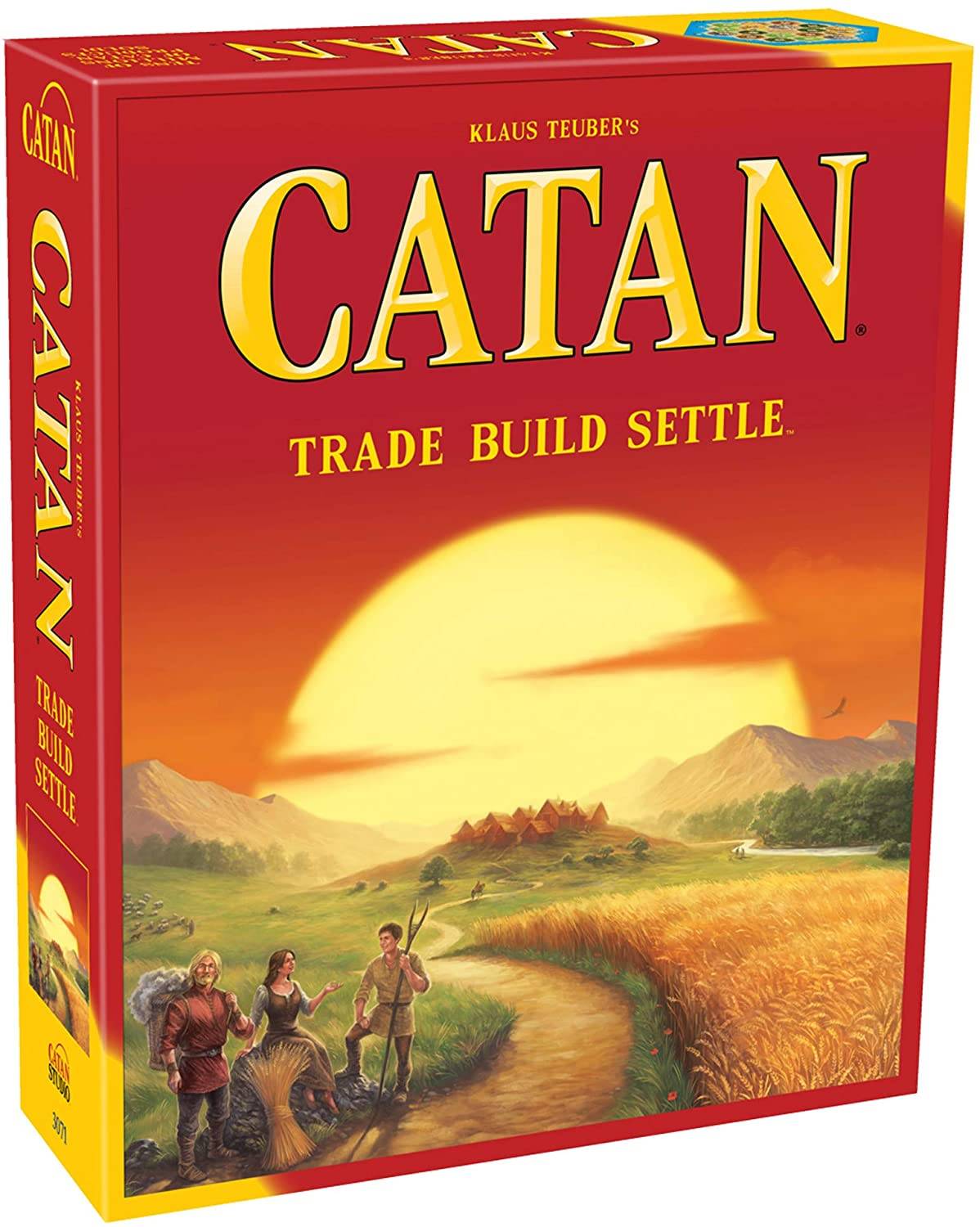
Catan
0See it at Amazon
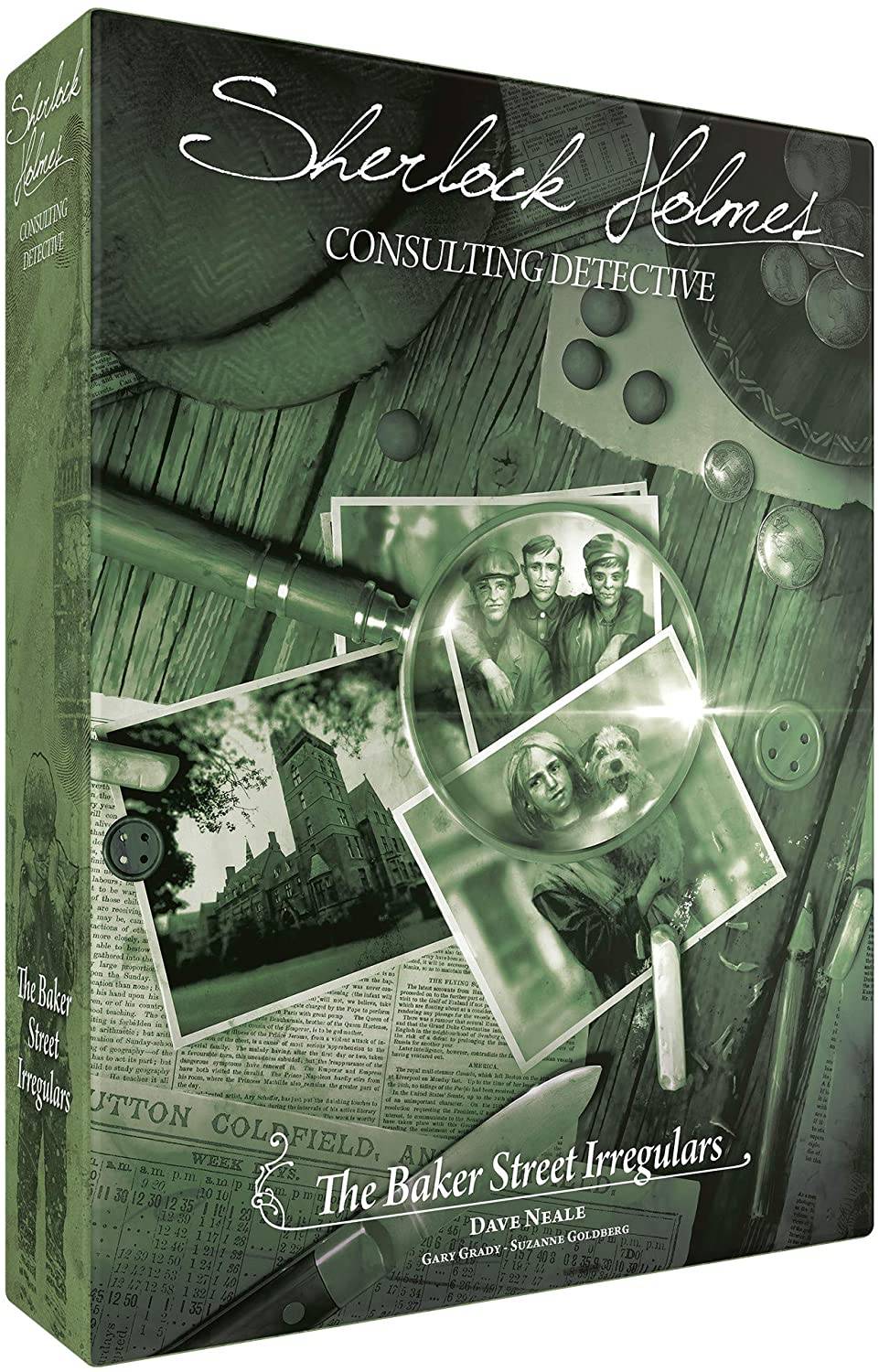
Sherlock Holmes: Consulting Detective
0See it at Amazon
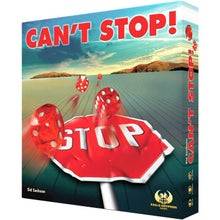
Can't Stop
0See it at Amazon
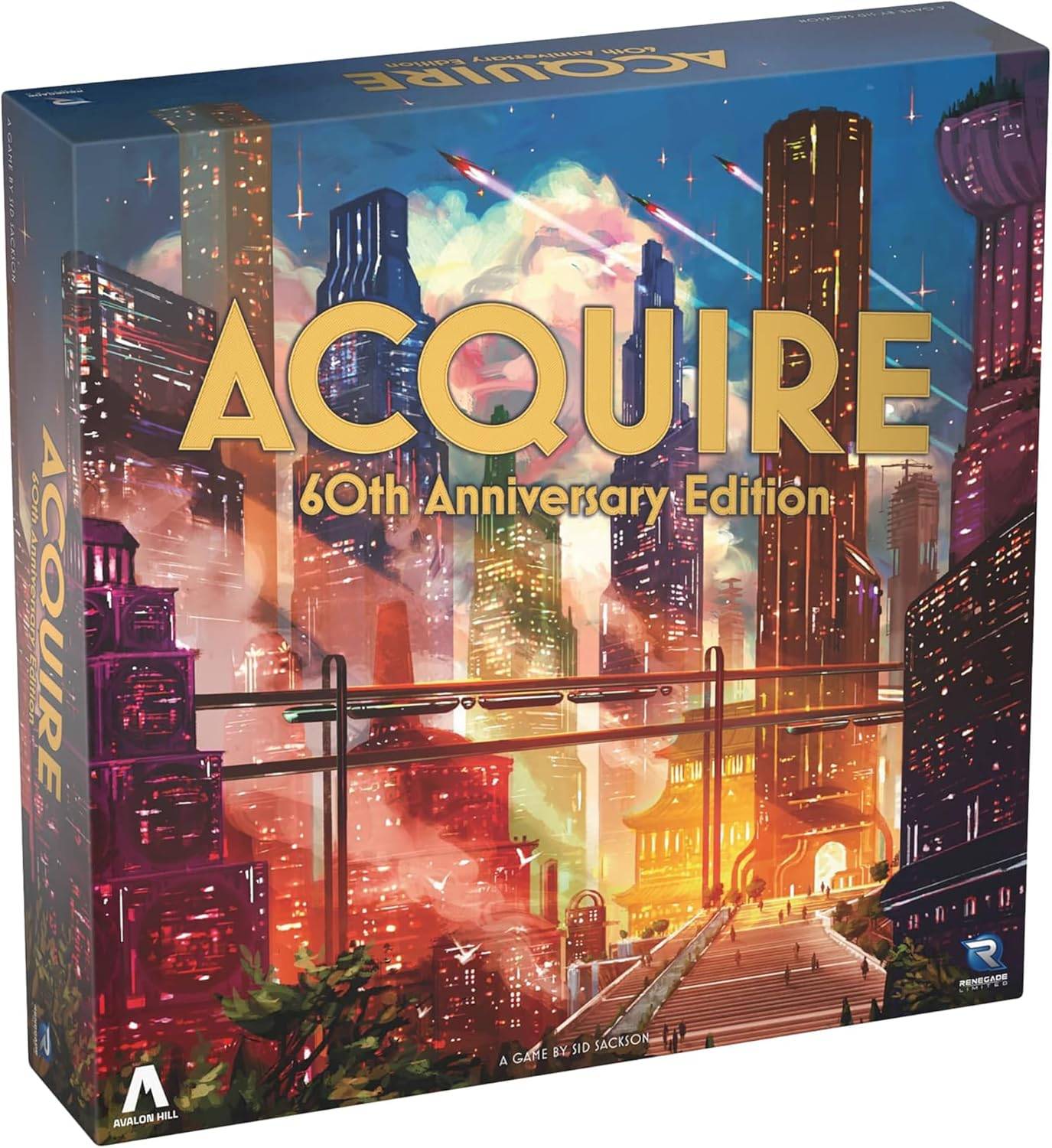
Acquire 60th Anniversary Edition
0See it at Amazon
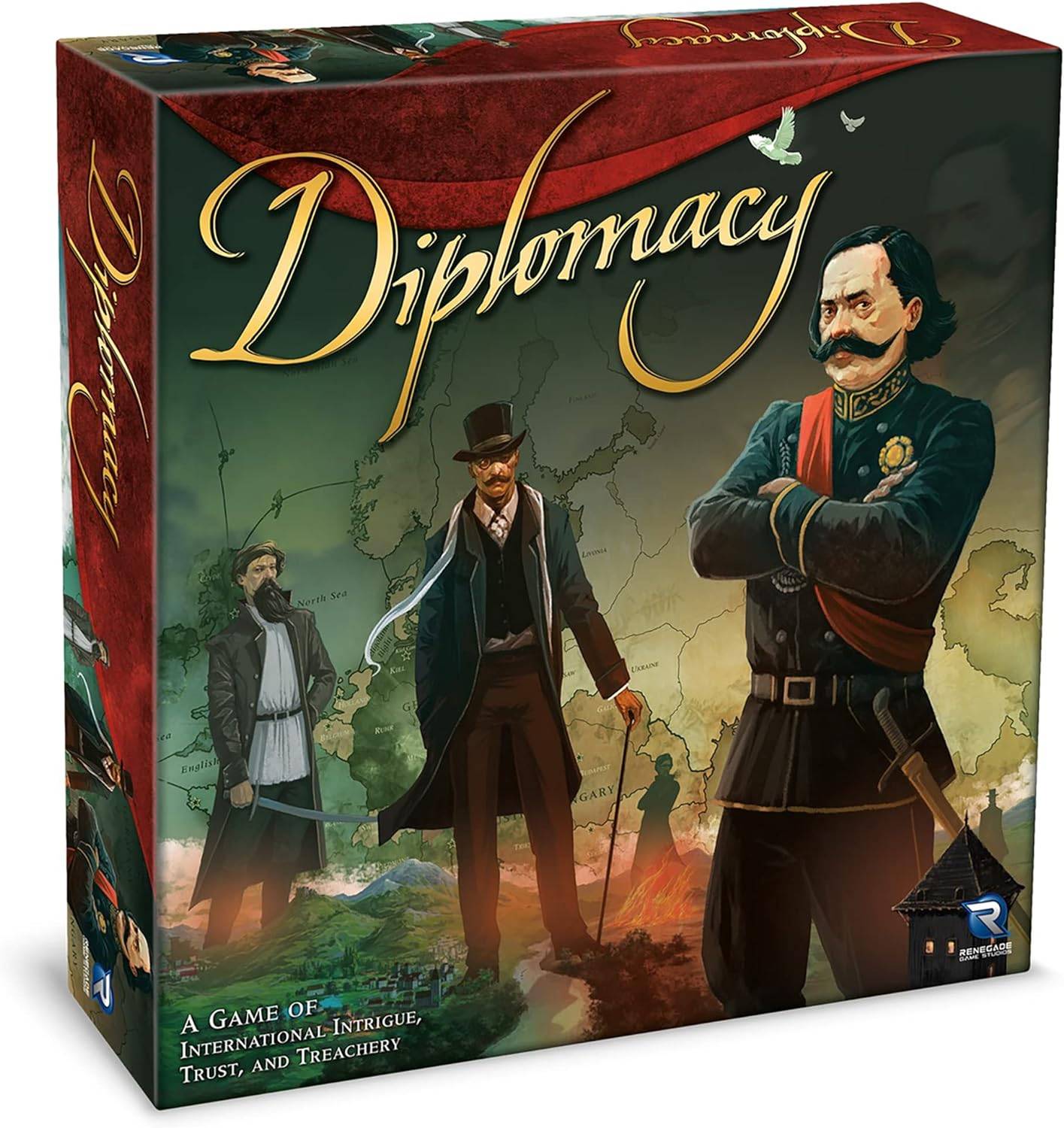
Diplomacy
0See it at Amazon
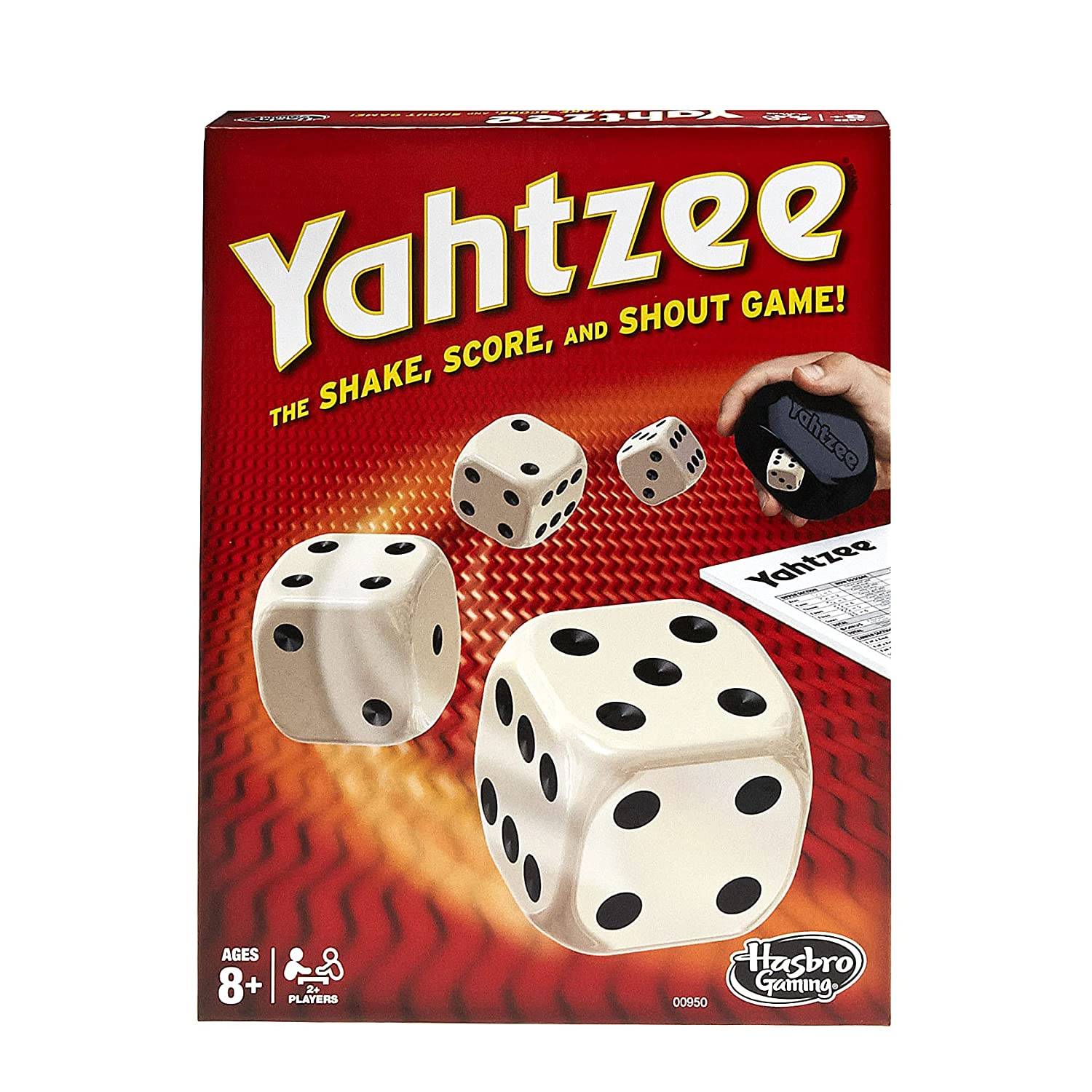
Yahtzee
0See it at Amazon
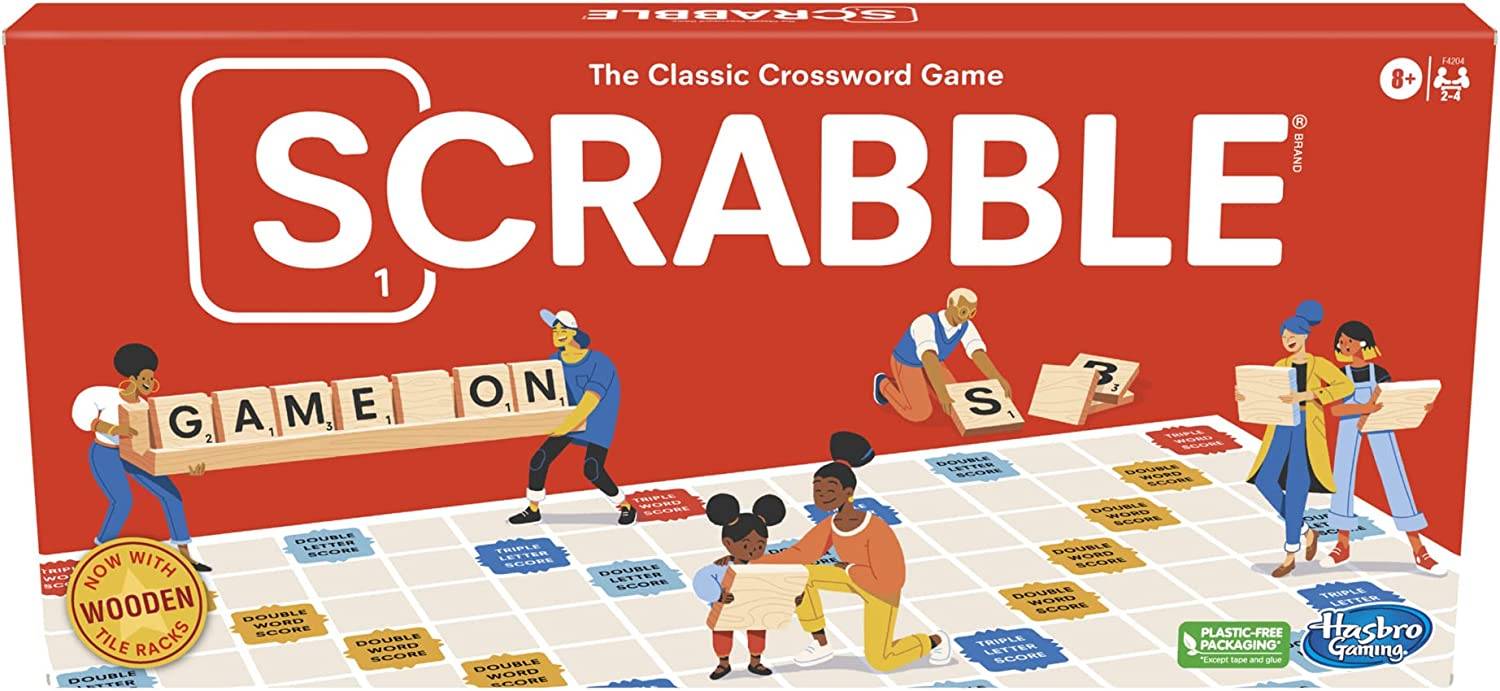
Scrabble
0See it at Amazon
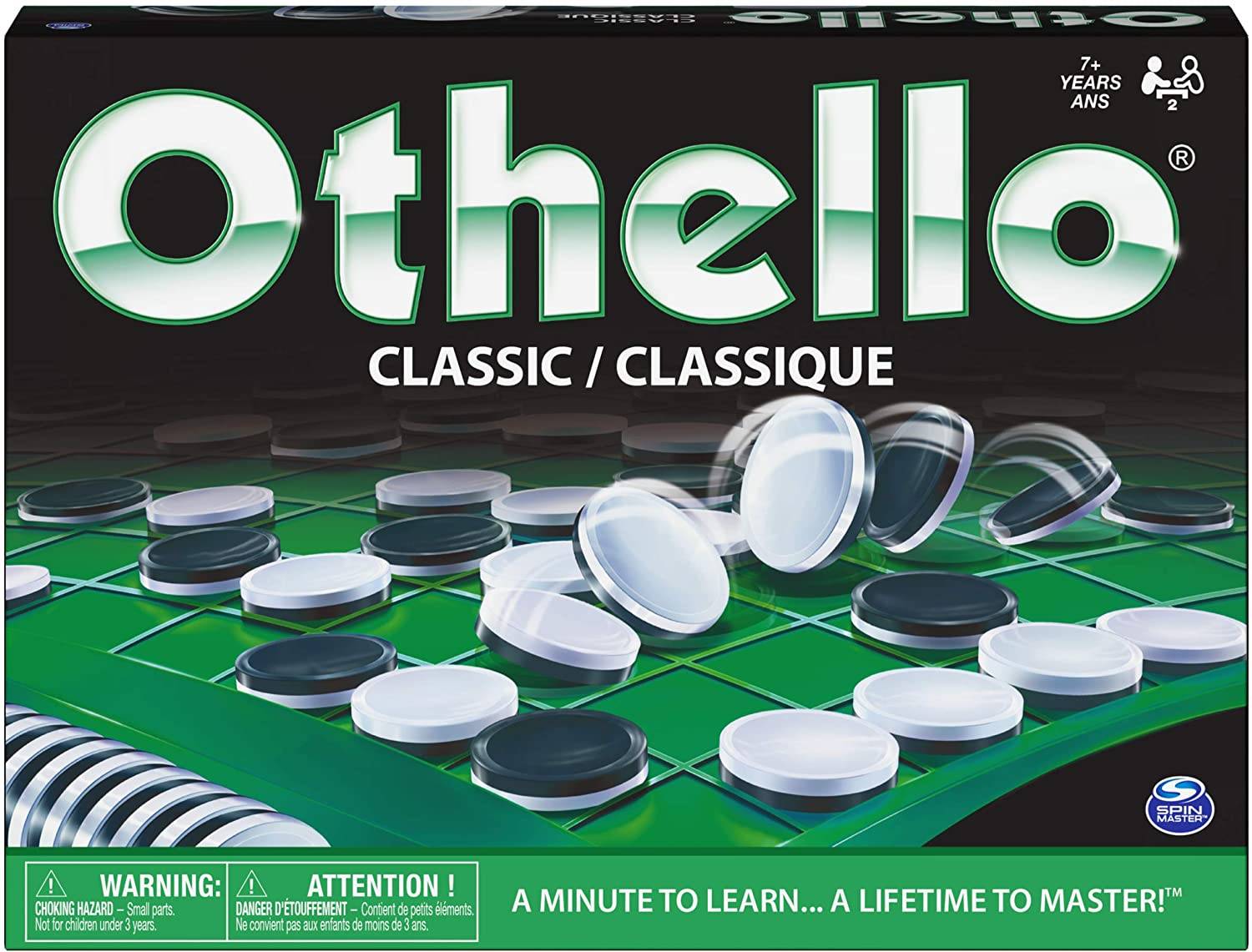
Othello
0See it at Amazon
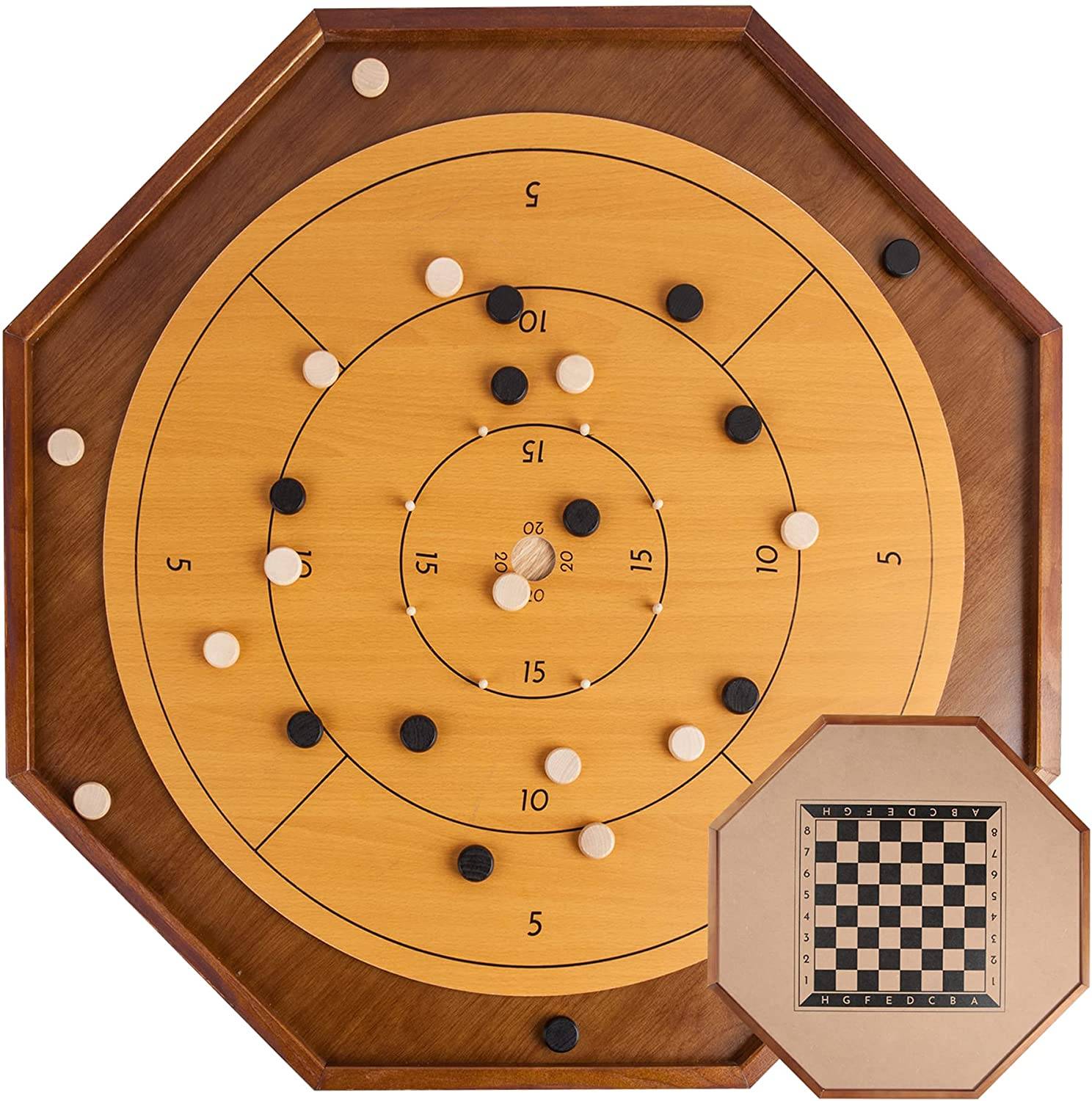
Crokinole
0See it at Amazon
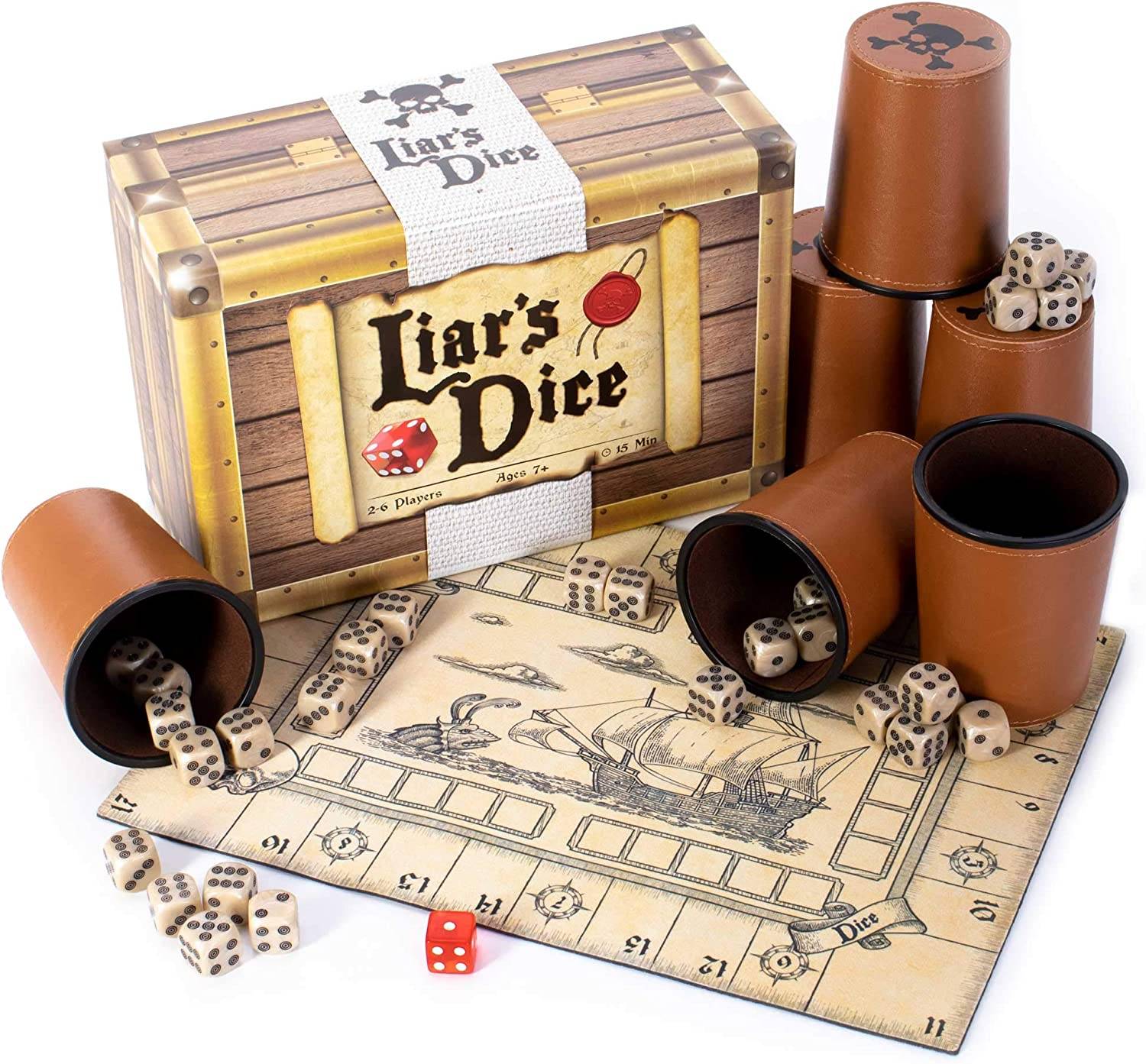
Liar's Dice
0See it at Amazon
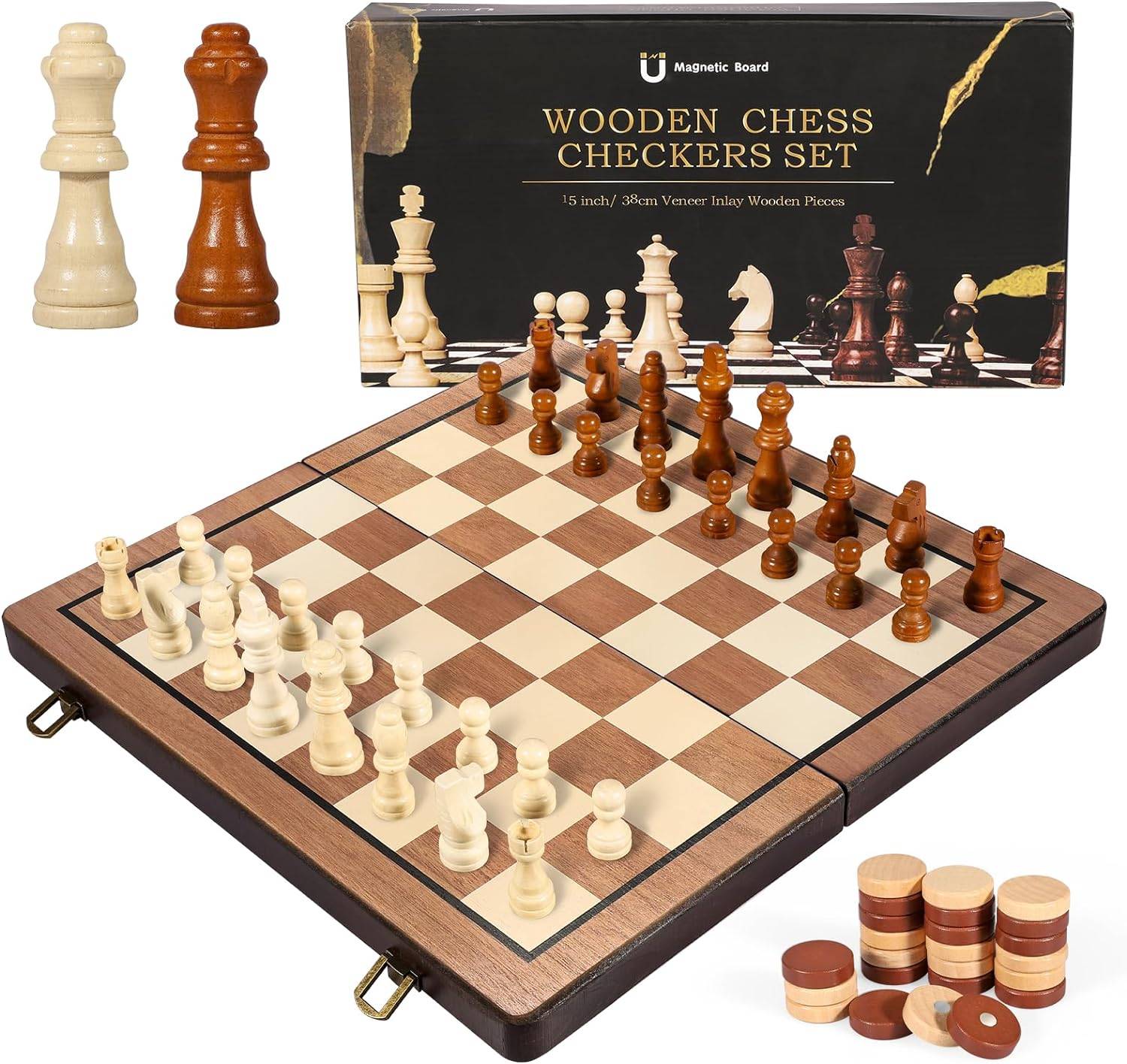
Chess - Magnetic Set
0See it at Amazon
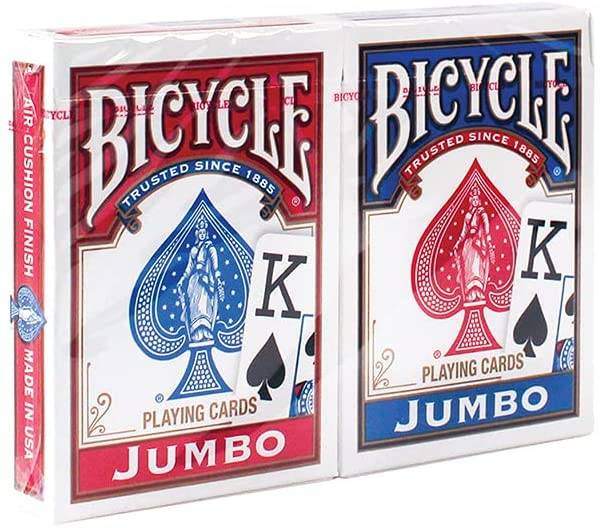
Playing Cards
0See it at Amazon
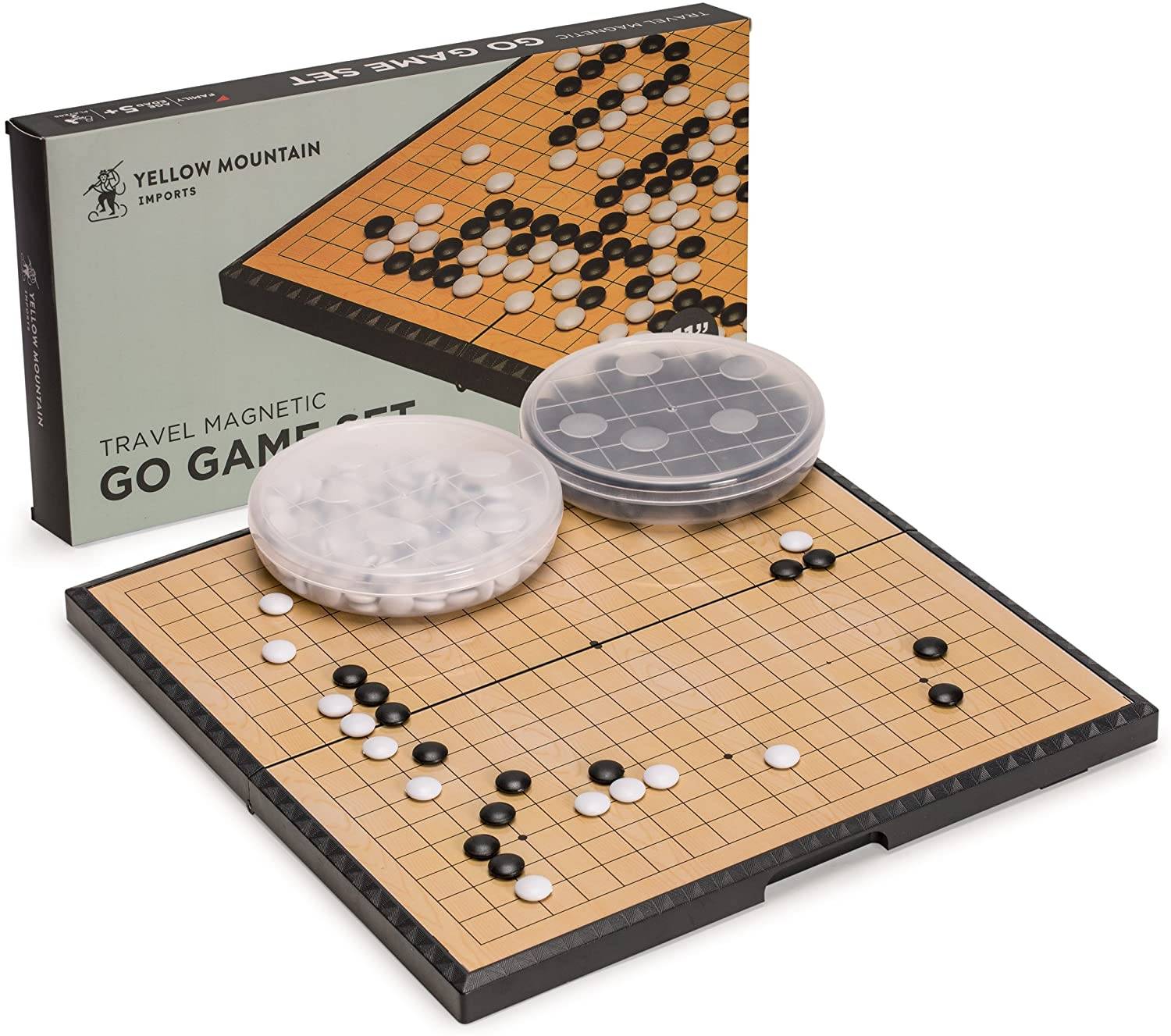
Go - Magnetic Board Game Set
0See it at Amazon
Modern board games owe much to a design trend that took off in the mid-'90s, but there's a treasure trove of classics from before this era that continue to captivate players.
Azul (2017)

Azul Board Game
1See it at Amazon
Azul, though released in 2017, quickly established itself as a modern classic. This abstract game is visually stunning, featuring a bag full of vibrant, chunky tiles reminiscent of sweets. The gameplay is deceptively simple: players take matching tiles from pools and arrange them on their boards in rows that hold between one and five tiles. Once a row is filled, it moves to the scoring mat, earning points for adjacency, rows, columns, and sets. Despite its simplicity, Azul offers surprising depth and strategic interaction, ensuring endless replayability. Dive deeper into Azul with our comprehensive review or explore its numerous expansions.
Pandemic (2008)

Pandemic
0See it at Amazon
Pandemic is the game that sparked the cooperative gaming revolution. While not the first of its kind, its ingenious mechanics and accessible rules have made it a global phenomenon. Players collaborate to save the world from spreading diseases, represented by cubes on a map. The race to cure these diseases before outbreaks spiral out of control is tense and thrilling. Alongside the base game, numerous expansions and spin-offs offer even more ways to enjoy this cooperative challenge.
Ticket to Ride (2004)

Ticket to Ride
0See it at Amazon
Designed by the renowned Alan R. Moon, Ticket to Ride builds on the familiar mechanics of Rummy, making it easy to learn yet deeply engaging. Players collect colored cards to claim train routes, aiming to connect cities as per their ticket cards for bonus points. The game's tight maps and the constant threat of opponents blocking your routes create an exciting and tense experience. With its numerous versions and expansions, Ticket to Ride has become a staple in the world of board gaming.
Settlers of Catan (1996)

Catan
0See it at Amazon
Now simply known as Catan, this game revolutionized modern board gaming. Its innovative mix of dice mechanics, trading, and route planning was groundbreaking at the time. While its popularity has ebbed and flowed, Catan remains a testament to the perfect blend of luck and strategy that can captivate players for hours.
Sherlock Holmes Consulting Detective (1981)

Sherlock Holmes: Consulting Detective
0See it at Amazon
This unique blend of board game, mystery, and interactive story was ahead of its time. Players take on the role of detectives in Victorian London, solving cases through clue-gathering and deduction. The atmospheric narrative elevates the experience, making it a deeply immersive journey. With multiple scenarios and expansions, this game offers endless hours of intrigue.
Can't Stop (1980)

Can't Stop
0See it at Amazon
A fast-paced and lively game by Sid Sackson, Can't Stop challenges players to race to the top of three columns on the board. Each column corresponds to a dice roll outcome, and players must balance risk and reward with each turn. The game's tension comes from deciding whether to continue rolling for more progress or end your turn safely. Enjoy it on the board or through the excellent mobile version.
Acquire (1964)

Acquire 60th Anniversary Edition
0See it at Amazon
Sid Sackson's Acquire is often credited with laying the groundwork for modern gaming. In a time dominated by mass-market and war games, Acquire introduced players to the world of corporate strategy. Players place tiles to create and merge companies, investing in shares to maximize profits. Its blend of spatial strategy and economic maneuvering remains fresh and engaging. For more insights, check out our review of the Acquire: 60th Anniversary Edition.
Diplomacy (1959)

Diplomacy
0See it at Amazon
Diplomacy has been testing friendships for over 50 years. This game, designed to simulate 19th-century European politics, has no randomness; success hinges on alliances and strategic planning. The simultaneous movement system adds a layer of unpredictability, as players write orders in secret, only to reveal them together. It's a thrilling yet challenging game that often leads to intense negotiations and unexpected betrayals.
Yahtzee (1956)

Yahtzee
0See it at Amazon
Yahtzee is the granddaddy of roll-and-write games, which are currently enjoying a resurgence. While luck plays a role, the game's scoring system requires strategic thinking. Filling out the scorecard effectively can turn a seemingly simple game into a test of skill and statistics. It's fast, fun, and perfect for family gatherings.
Scrabble (1948)

Scrabble
0See it at Amazon
Scrabble is a beloved word game that balances vocabulary with spatial strategy. While turns can be lengthy, the game's challenge lies in creatively using your seven letters to maximize points, especially by placing high-value letters on bonus squares. Its widespread recognition makes it easy to find fellow players, and it's perfect for those who enjoy wordplay.
Othello / Reversi (1883)

Othello
0See it at Amazon
Often mistaken for an ancient game, Othello (or Reversi) is relatively modern, with a disputed origin story. Players aim to capture the board by placing disks and flipping opponent's pieces by sandwiching them between their own. This game of tactical maneuvering can swing dramatically, even in the final moves.
Crokinole (1876)

Crokinole
0See it at Amazon
Hailing from Canada, Crokinole is a dexterity game that combines skill and strategy. The boards, often beautiful pieces of craftsmanship, add to the game's allure. Players flick disks across the board, aiming for high-scoring zones while strategically blocking opponents. It's a delightful blend of physical skill and tactical gameplay.
Perudo / Liar's Dice (1800)

Liar's Dice
0See it at Amazon
Known by various names, Liar's Dice is a game of bluffing and probability. Players roll dice under cups and bid on the total number of a specific value they believe are present across all cups. The tension builds as players must decide whether to raise the bid or call a bluff, leading to moments of triumph or defeat.
Chess (16th Century)

Chess - Magnetic Set
0See it at Amazon
Chess, with origins tracing back to 600 AD, is a timeless strategy game that evolved from the Indian game Chaturanga. Its global popularity and the depth of its strategic play make it a staple in any board game collection. With countless sets available, chess offers endless opportunities for mastery and enjoyment.
Playing Cards (~900 AD)

Playing Cards
0See it at Amazon
Originating in China, playing cards offer a lifetime of gaming possibilities. From poker and bridge to lesser-known games like Jass and Scopa, the versatility of a standard 52-card deck is unmatched. Modern designers continue to innovate with card games, ensuring that a single deck can provide endless entertainment.
Go (~2200 BC)

Go - Magnetic Board Game Set
0See it at Amazon
Go, a game of profound strategic depth, originated in China and Japan. Players place stones on a grid, aiming to capture territory by surrounding opponent's stones. The simplicity of the rules belies the complexity of the game, which has only recently been matched by AI against top human players. Go is a game you can play for a lifetime.
What makes a board game a "classic"?
The term "classic" is subjective, but several factors help define it. Sales figures, influence on other games, and brand recognition are key indicators. For instance, Ticket to Ride's massive sales and widespread availability have cemented its status as a classic. Influence is evident in games like Acquire, which introduced concepts that shaped future designs, despite its limited mainstream recognition. Finally, brand familiarity is crucial, as seen with timeless games like chess, which everyone recognizes. However, not all well-known games are classics; true classics offer enduring gameplay and innovation that stand the test of time.
Latest News
more >-

- Mastering Ako in Blue Archive: Build Guide
- Feb 20,2026
-

-

-

-
- Cardinals Watch Conclave Ahead of Key Event
- Feb 15,2026


